Jury Seated For Trial Of US Policeman Charged For Floyd Death
A jury was seated on Tuesday for the high-profile trial of the white police officer facing murder and manslaughter charges for the death of George Floyd, a 46-year-old Black man whose last breaths were captured on video and laid bare racial wounds in the United States.
Opening arguments in the trial of Minneapolis police officer Derek Chauvin, 44, are to begin on Monday and the case is expected to last about a month.
Chauvin, a 19-year veteran of the police force, could face up to 40 years in prison if convicted of the most serious charge -- second-degree murder.
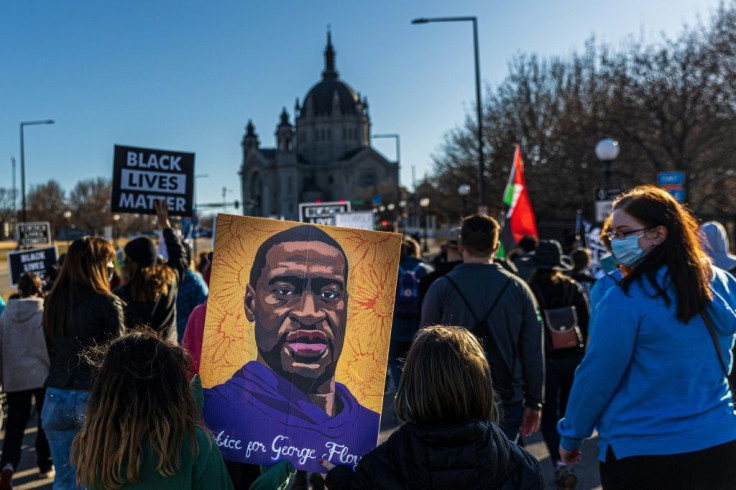
Chauvin was seen on a video that went viral with his knee on Floyd's neck for nearly nine minutes while arresting him for allegedly passing a counterfeit $20 bill.
Floyd's May 25, 2020 death sparked protests for racial justice and against police brutality across the United States and around the world.
The judge presiding over the case, prosecutors and Chauvin's defense attorney agreed on 15 jurors after two weeks of intensive questioning of prospective candidates in a heavily guarded courtroom in downtown Minneapolis.
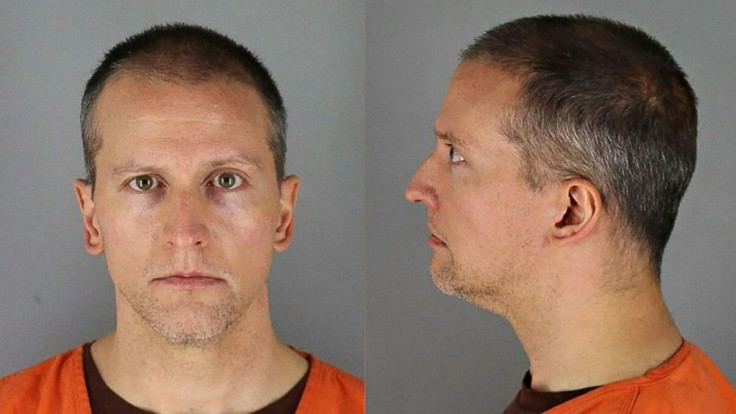
The 15 jurors selected are six white women, three Black men, three white men, two mixed race women and one Black woman.
One of the jurors will be dismissed by the judge on Monday and 12 jurors will hear the case while the other two serve as alternates.
A conviction on any of the charges -- second-degree murder, third-degree murder or manslaughter -- will require the jury to return a unanimous verdict.
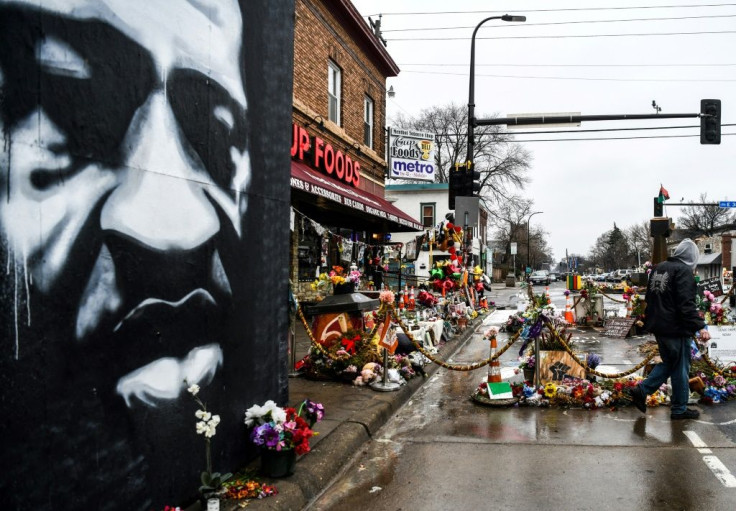
"We have 15," Judge Peter Cahill said. "Fourteen will be seated. That's all we have room for."
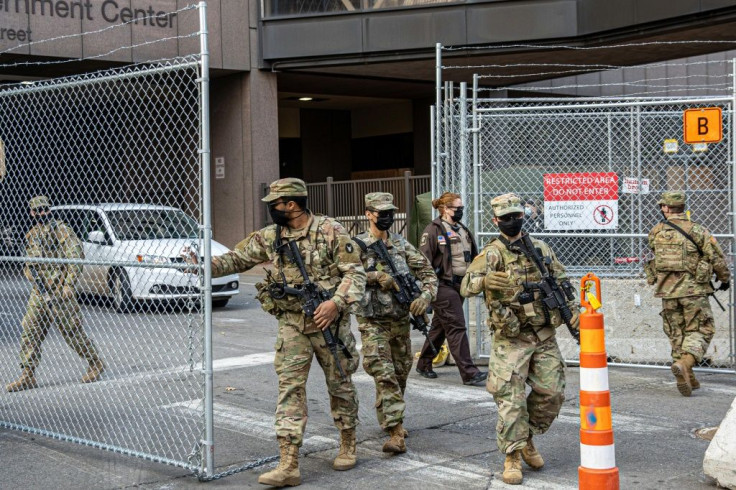
Ben Crump, a lawyer for the Floyd family, said he hopes the jury will deliver a "just verdict."
"George Floyd had more witnesses to his death than any other person ever -- white or Black," Crump said. "We all saw the same thing -- the indisputable and unjustified torture and murder by a police officer of a Black man who was handcuffed, restrained and posed no harm."
The jury selection process was complicated by the intensive pre-trial publicity surrounding the case.
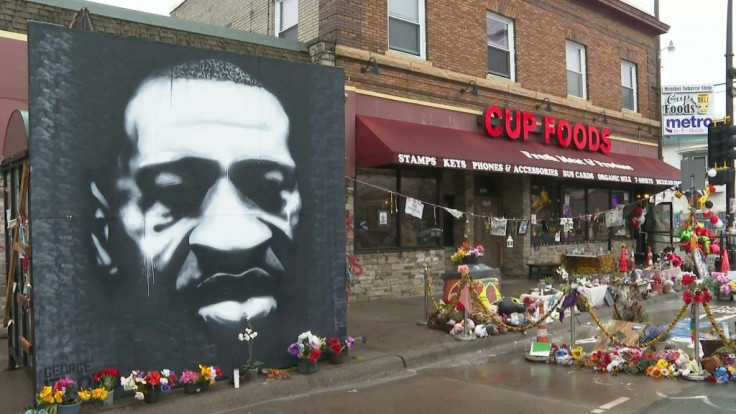
All but one of the jurors said they had watched some if not all of the bystander video of Chauvin kneeling on the neck of a handcuffed Floyd.
Several potential jurors were excused after telling the judge they could not be fair or impartial or presume Chauvin to be innocent as the law requires them to do.
Others expressed concern for their safety.
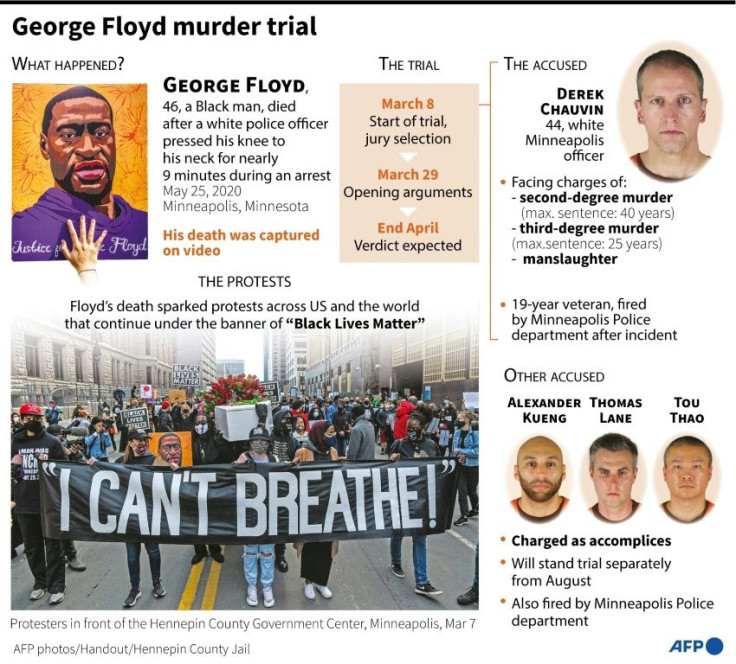
The trial is closed to the public because of Covid-19 but is being livestreamed.
Chauvin, who is free on bail, has been in court every day, taking notes on a yellow legal pad and consulting with his attorney.
The 15 jurors seated reflect the diverse and cosmopolitan nature of Minneapolis, the largest city in the northern state of Minnesota.
Their identities will not be revealed until after the trial but some details are known.
They range in age from their 20s to their 60s.
One is a chemist, one a social worker and another an accountant. One works in a bank while another is a nurse. Two are immigrants to the United States.
One is a grandmother, one is recently married and one is a single mother of two teenage boys.
Candidates were asked during jury selection whether they have seen the video of Floyd's death, whether they took part in protests against racial injustice and of their views on the police.
They were also asked how they see the "Black Lives Matter" movement and whether they have a favorable or unfavorable view of Chauvin.
Chauvin's attorney, Eric Nelson, asked last week to have the trial delayed and moved out of Minneapolis because of the March 12 announcement that the city had reached a $27 million "wrongful death" settlement with the Floyd family.
Judge Cahill rejected the defense motions saying "pre-trial publicity in this case will continue no matter how long we continue it."
As far as change of venue, he said "I don't think that there's any place in the state of Minnesota that has not been subjected to extreme amounts of publicity on this case."
Three other police officers -- Tou Thao, Thomas Lane, and J. Alexander Kueng -- also face charges in connection with Floyd's death.
They are to be tried separately later in the year.
Chauvin's attorney is expected to argue that his client was following police procedure and claim that Floyd died of an overdose of the drug fentanyl and underlying health conditions.
© Copyright AFP 2024. All rights reserved.





















